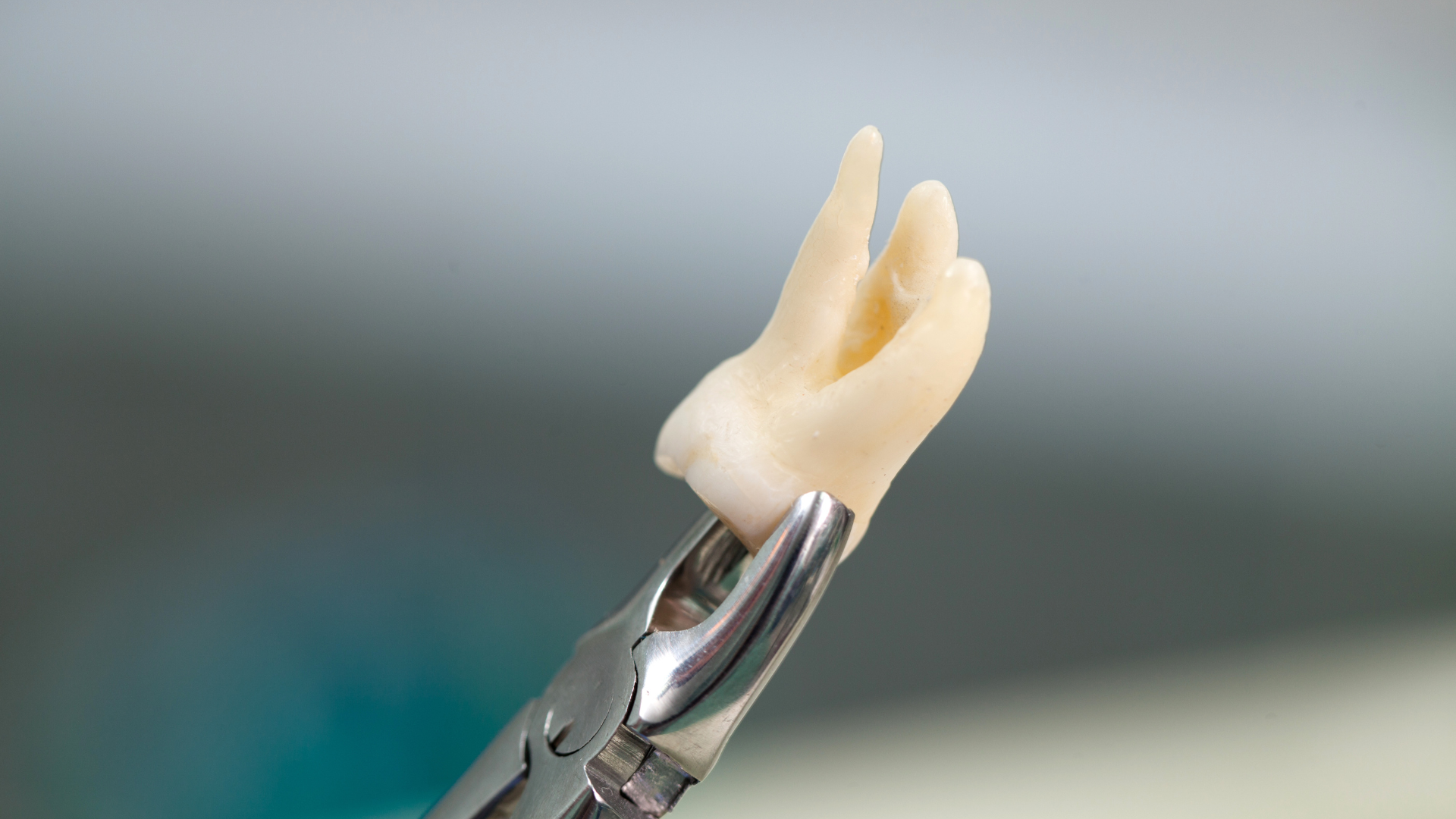Composite Fillings
Composite Fillings: A Modern Solution for Dental Decay and Restoration
Dental decay, also known as dental caries or cavities, is a prevalent oral health concern affecting a significant number of individuals in the United States. According to the Centers for Disease Control and Prevention (CDC), over 90% of adults in the U.S. have experienced dental decay in their permanent teeth. When it comes to treating dental decay, composite fillings have emerged as a popular and effective choice. Let's explore what composite fillings are, their benefits, and address some common questions.
Understanding Dental Decay and Treatment Options
Dental decay occurs when bacteria in the mouth produce acids that gradually erode the tooth enamel, leading to the formation of cavities. If left untreated, dental decay can progress and cause pain, infection, and further damage to the tooth structure. To address dental decay, various treatment options are available, including dental fillings, dental crowns, or in severe cases, root canal therapy.
Composite Fillings: What Are They?
Composite fillings, also known as tooth-colored fillings, are a popular restorative option for treating dental decay. These fillings are made from a mixture of tooth-colored resin materials, such as glass or quartz particles, and a durable polymer. Unlike traditional amalgam fillings, composite fillings can be color-matched to blend seamlessly with the natural shade of your teeth, resulting in a more aesthetically pleasing restoration.
10 FAQs About Composite Fillings
-
Are composite fillings safe?
Yes, composite fillings are considered safe and have been used in dentistry for many years.
-
How long do composite fillings last?
Composite fillings are durable and can last for many years with proper oral hygiene and regular dental check-ups.
-
Are composite fillings more expensive than amalgam fillings?
Composite fillings tend to be slightly more expensive due to the materials used and the time required for placement.
-
Do composite fillings require special care?
Composite fillings do not require any specific care other than maintaining good oral hygiene practices, such as regular brushing, flossing, and routine dental visits.
-
Can composite fillings be used for both front and back teeth?
Yes, composite fillings are suitable for both front and back teeth.
-
Do composite fillings cause tooth sensitivity?
In some cases, patients may experience temporary sensitivity after getting a composite filling, but it typically subsides on its own.
-
Can composite fillings be repaired if they chip or break?
Yes, composite fillings can often be repaired if minor damage occurs.
-
Do composite fillings contain any metals?
No, composite fillings do not contain any metals. They are metal-free and do not contain mercury.
-
How long does it take to get a composite filling?
The time required for placing a composite filling depends on the size and location of the cavity but can typically be completed in a single dental visit.
-
Can composite fillings be used for cosmetic purposes?
Yes, composite fillings can be used to repair chips, cracks, or other cosmetic imperfections in the teeth.
Composite fillings offer numerous advantages, including excellent aesthetics, versatility, and conservation of natural tooth structure. They have become the preferred choice for many patients seeking a natural-looking and durable restoration.
Conclusion
Composite fillings provide a modern solution for treating dental decay, offering both functional and aesthetic benefits. If you have cavities or are considering replacing existing fillings, consult with your dentist to determine if composite fillings are a suitable option for you. By addressing dental decay promptly with composite fillings, you can restore the health.
Bernardo Hills Dentistry
11665 Avena Pl # 105, San Diego, CA 92128, United States
(858) 877-9307
Hours & Address
Monday: 9:00 am - 6:00 pm
Tuesday: 9:00 am - 6:00 pm
Wednesday: 8:00 am - 5:00 pm
Thursday: 7:00 am - 5:00 pm
Friday: 7:00 am - 3:00 pm
Saturday-Sunday: Closed
Navigation Links
Hours & Address
Monday: 9:00 am - 6:00 pm
Tuesday: 9:00 am - 6:00 pm
Wednesday: 8:00 am - 5:00 pm
Thursday: 7:00 am - 5:00 pm
Friday: 7:00 am - 3:00 pm
Saturday-Sunday: Closed
Navigation Links
Hours & Address
Monday: 9:00 am - 6:00 pm
Tuesday: 9:00 am - 6:00 pm
Wednesday: 8:00 am - 5:00 pm
Thursday: 7:00 am - 5:00 pm
Friday: 7:00 am - 3:00 pm
Saturday-Sunday: Closed
Navigation Links
Bernardo Hills Dentistry | All Rights Reserved



